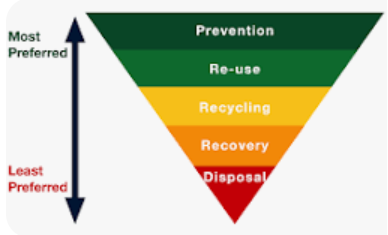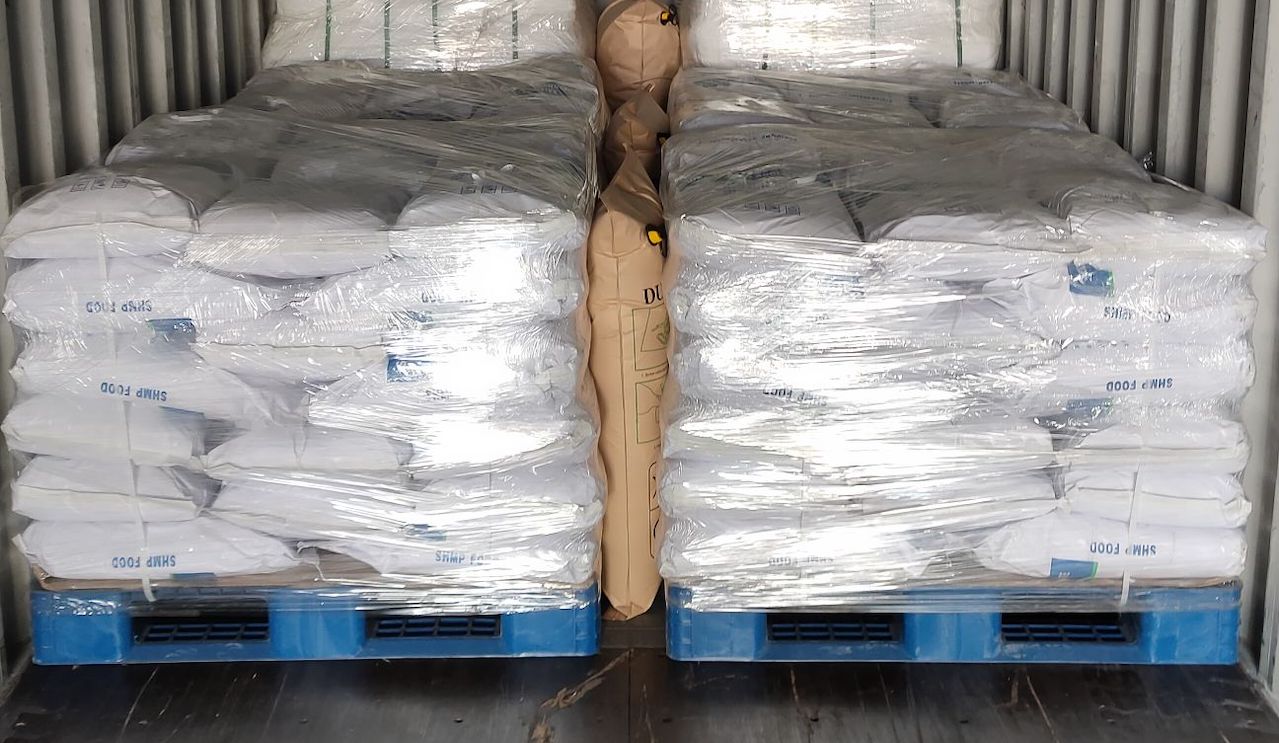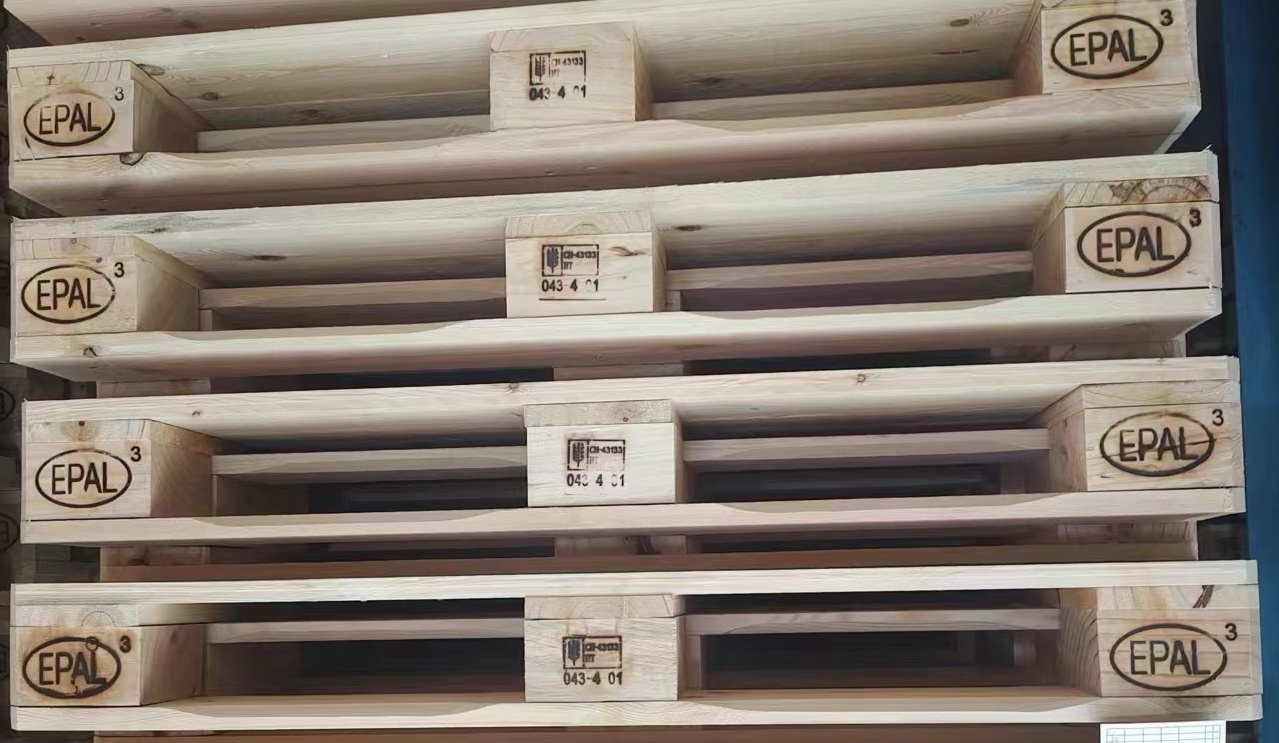
Reducing Environmental Impact under the Pillar of 'Waste'
Bimeda teams are empowered to identify the best solutions to deal with waste, and are always looking to adopt new ways of working which reduce the environmental impact of our activities.
Depending on the situation, this might involve removing, reducing, re-using, repurposing or recycling waste. Our team in Telsol, UK, identified a way to reduce the environmental impact of a process, by working with a supplier to introduce pallets which could be re-used, rather than recycled.
The Problem
A particular raw material which is required to manufacture our nutritional boluses, was delivered to Telsol on plastic pallets. Unfortunately, Telsol cannot reuse these pallets to dispatch products, as customers require heat-treated wooden pallets. Consequently, the plastic pallets were recycled through our pallet provider.
The Solution
 While recycling is a great option for some waste materials, the Telsol team knew that they could reduce their environmental impact further if the pallets could be re-used. They approached their supplier to explore the possibility of supplying the raw material on heat-treated CP3 wooden pallets bearing the ISPM 15 mark. The supplier confirmed that this was feasible and Telsol have consequently moved over to using these new pallets, which can be re-used for distributing our trace element boluses to customers.
While recycling is a great option for some waste materials, the Telsol team knew that they could reduce their environmental impact further if the pallets could be re-used. They approached their supplier to explore the possibility of supplying the raw material on heat-treated CP3 wooden pallets bearing the ISPM 15 mark. The supplier confirmed that this was feasible and Telsol have consequently moved over to using these new pallets, which can be re-used for distributing our trace element boluses to customers.
This project is another great example of how we can work collaboratively with colleagues, suppliers and customers to reduce waste and reduce the environmental impact of our operations.








